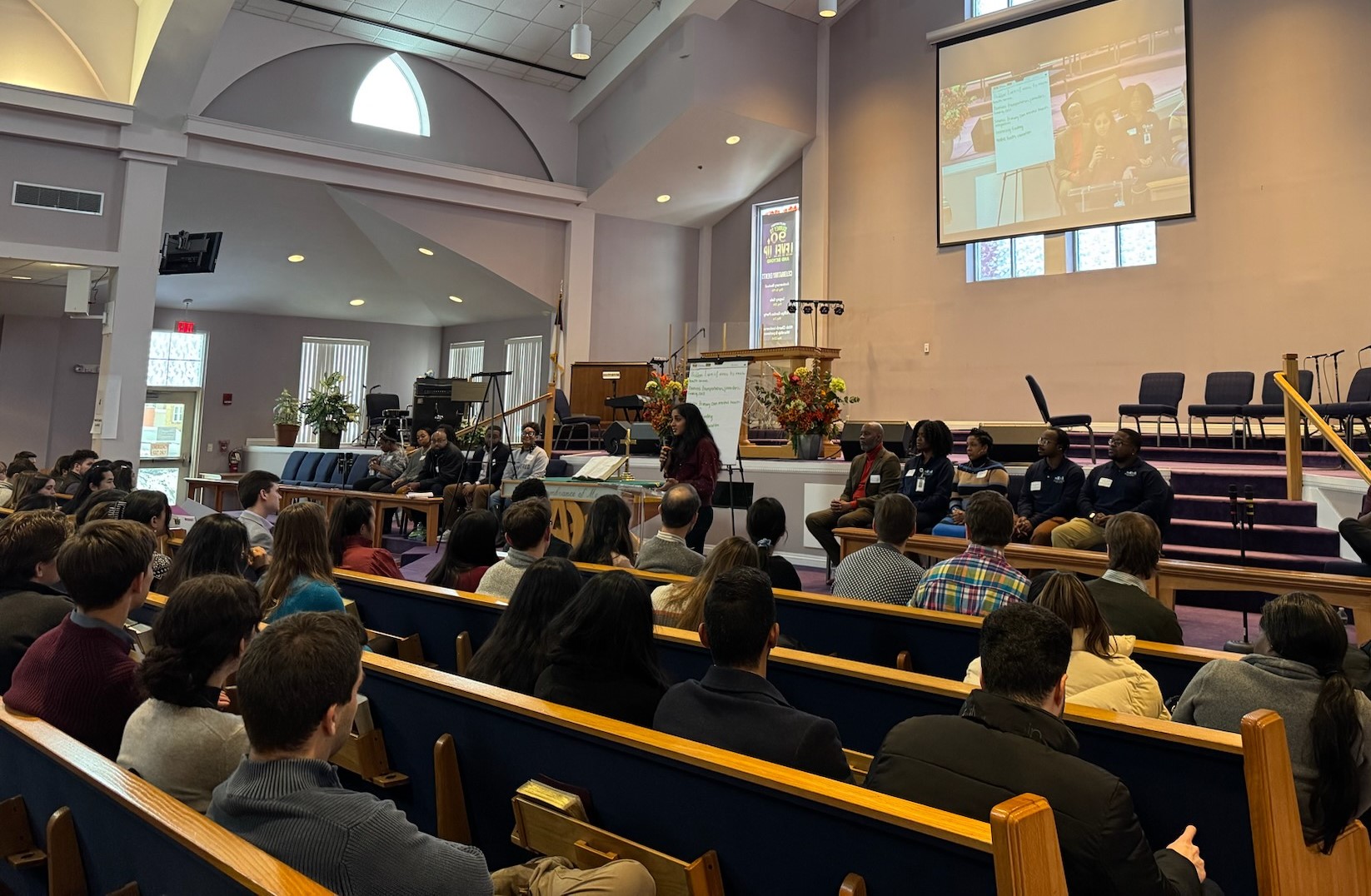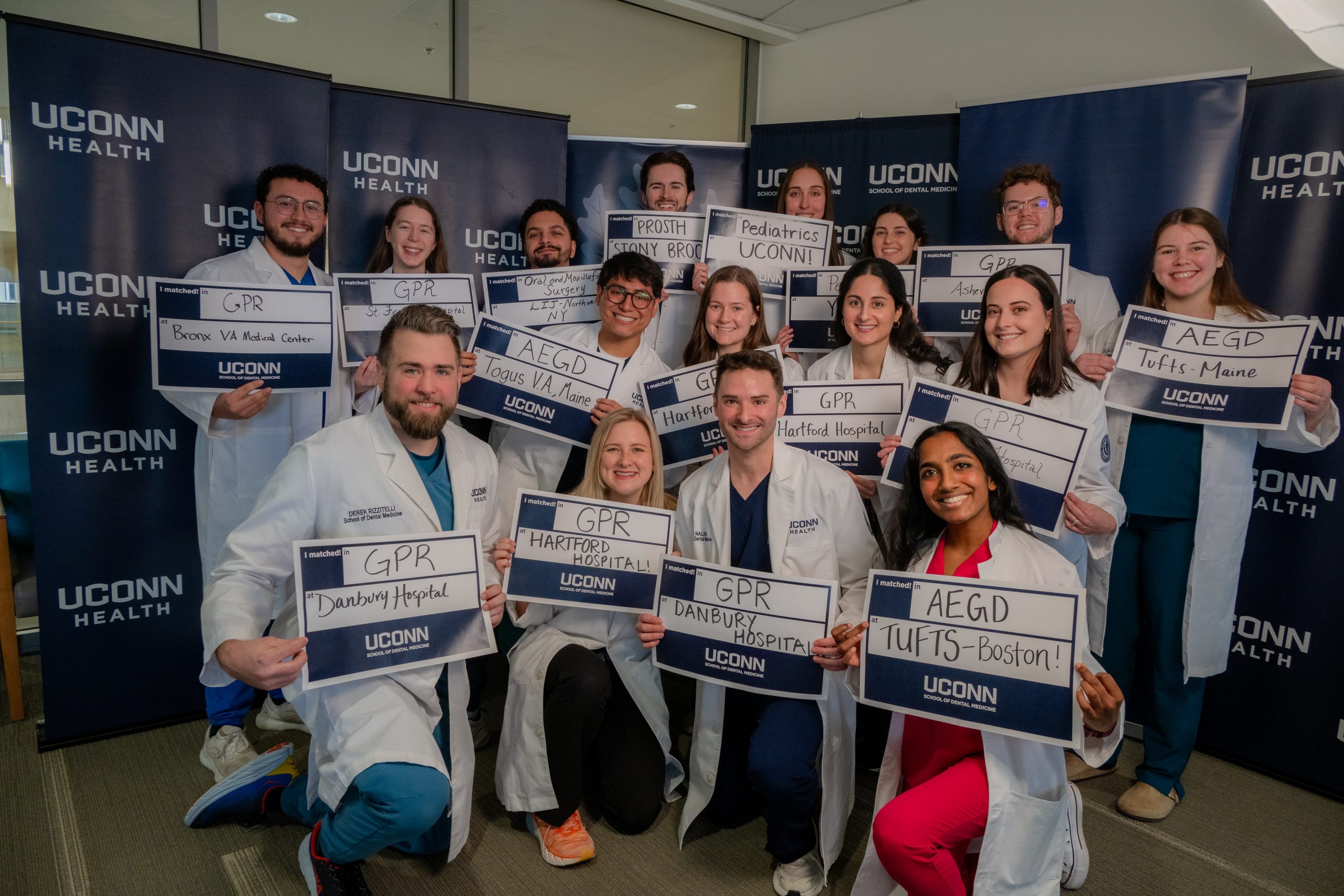According to 2019 estimates from the American Cancer Society, approximately 53,000 people in the United States will develop oral cavity or oropharyngeal cancer, and an estimated 10,860 individuals will die of these cancers. The intensive cancer treatments associated with these head and neck cancers can result in a wide range of serious oral complications, which can result in considerable patient morbidity and often requires expensive, highly skilled treatment by an interprofessional health care team.
In order to address these important clinical and health economic issues, a portfolio of scientific research papers, assembled as a monograph, has been recently published in the Journal of the National Cancer Institute (JNCI). Dr. Douglas E. Peterson, professor of oral medicine in the UConn School of Dental Medicine, is lead guest editor of the monograph, titled Research Frontiers: Oral Toxicities of Cancer Therapies.
JNCI monographs are widely distributed to the oncology community worldwide, and have a high impact factor in the oncology scientific literature.
“The ultimate goal of this line of interprofessional collaboration is to ideally prevent, or at least substantially reduce, oral side effects of cancer treatment in oncology patients in the years ahead.” Peterson says. “Although much remains to be achieved at the research and clinical level, the results of these collective collaborations are very much on the right path.”
Dr. Sharon Gordon, dean of the School of Dental Medicine and Dr. Rajesh Lalla, associate dean for research, authored a chapter titled Oral Mucositis Due to High-dose Chemotherapy and/or Head and Neck Radiation Therapy.
The monograph addresses a wide range of oral complications of cancer therapies, including oral mucosal injury in relation to the oral microbiome, impact of targeted cancer therapies on oral tissues, oral pain, oral graft-versus-host disease in bone marrow transplantation, and the multiple late effects that can develop in head and neck radiation patients within the years following their cancer treatment. Particular emphasis is placed upon identifying novel research strategies that are directed to prevention and treatment of the oral complications.
The goal of this research is to develop strategic advances for management of at-risk oncology patients in the future, which could help improve cancer survivorship and quality of life.
“Given the constellation of oral toxicities across a wide range of cancer patient cohorts, it is more important than ever to study the mechanistic bases for the oral toxicities, as well as identify novel strategies for their prevention and treatment.” Peterson notes.
The monograph represents a key component of the oral oncology agenda that Peterson is helping advance at the national and international level. Recently, as chair-elect of American Society of Clinical Oncology’s (ASCO) Clinical Practice Guideline Committee, Peterson was a lead author on publishing a new practice guideline that stresses the importance of collaboration between dentists and medical oncologists to prevent, diagnose, and treat medication-related osteonecrosis of the jaw in cancer patients. Peterson is also serving the lead role in updating the National Cancer Institute’s (NCI’s) PDQ® portfolio Oral Complications of Cancer Therapies to provide guidance for health professionals as well as for patients and caregivers.
Drs. Michael Brennan (Oral Medicine, Carolinas Medical Center), David Rosenthal (Radiation Oncology, Anderson Cancer Center), and John Wingard (Hematology/Oncology, University of Florida Health Cancer Center) joined Peterson in co-editing the monograph.



